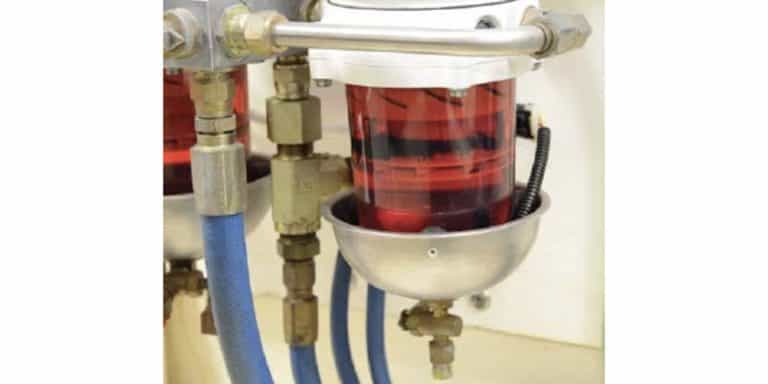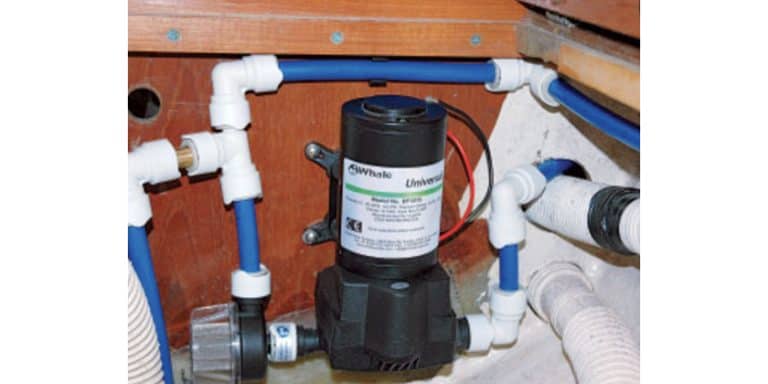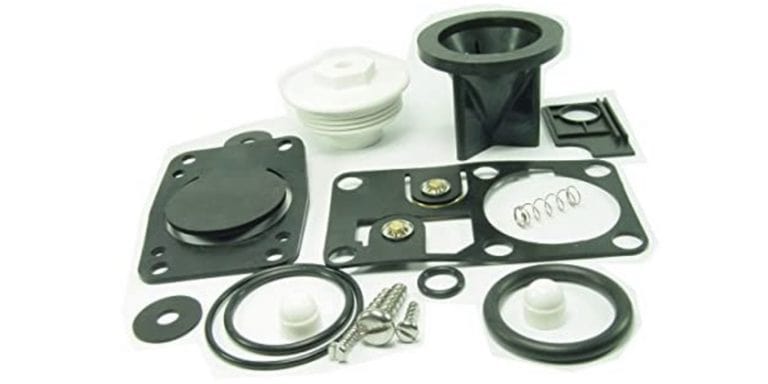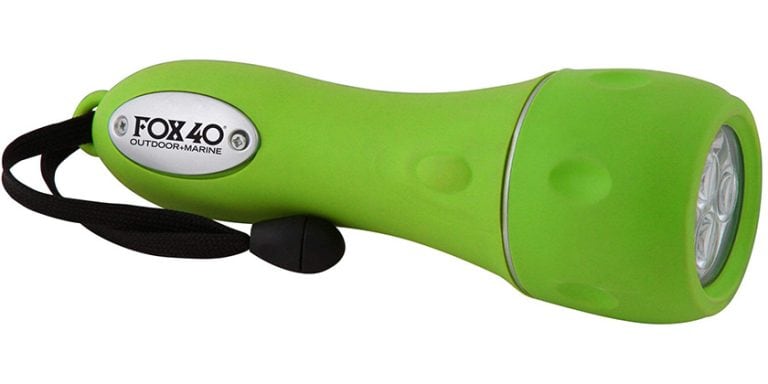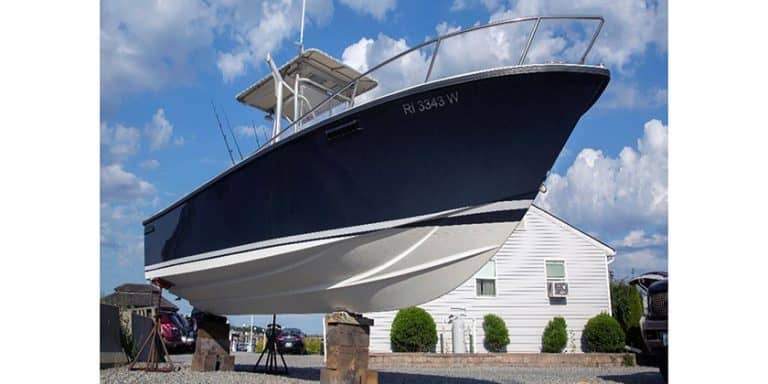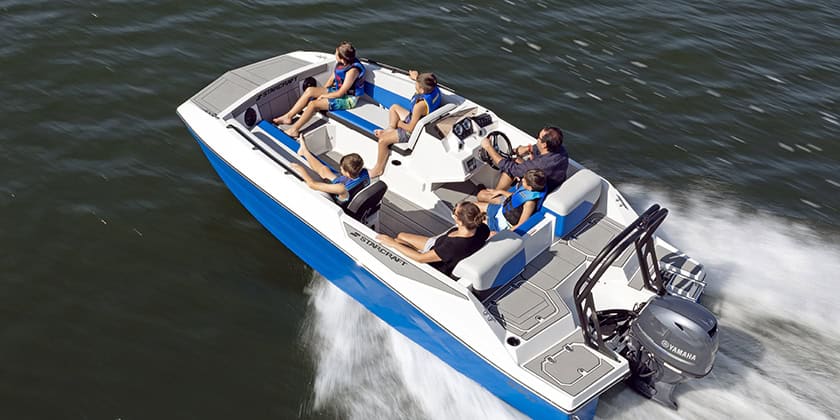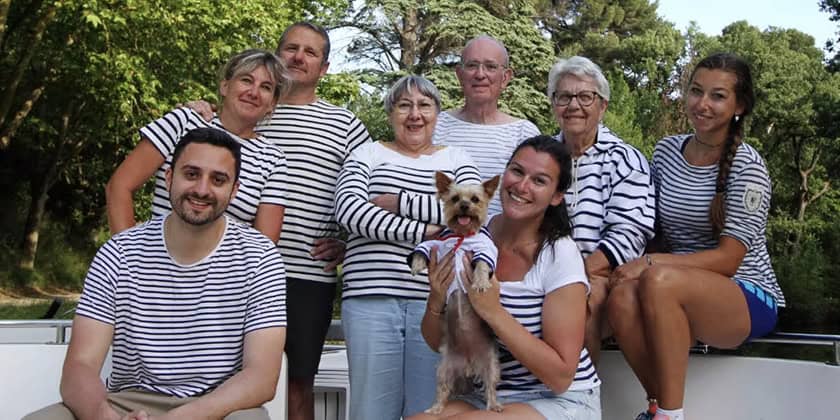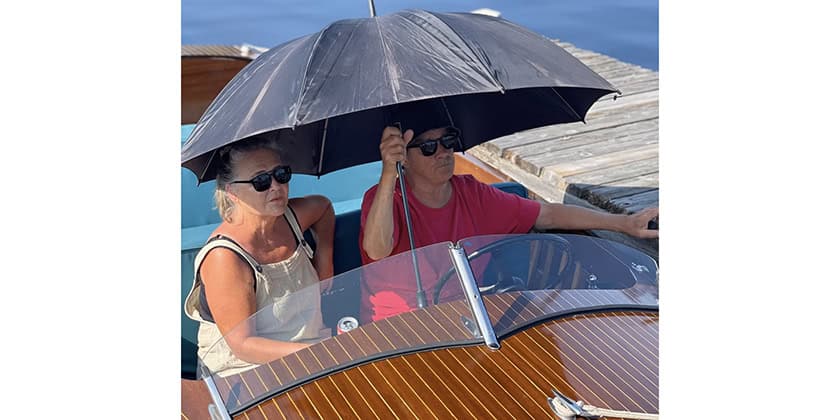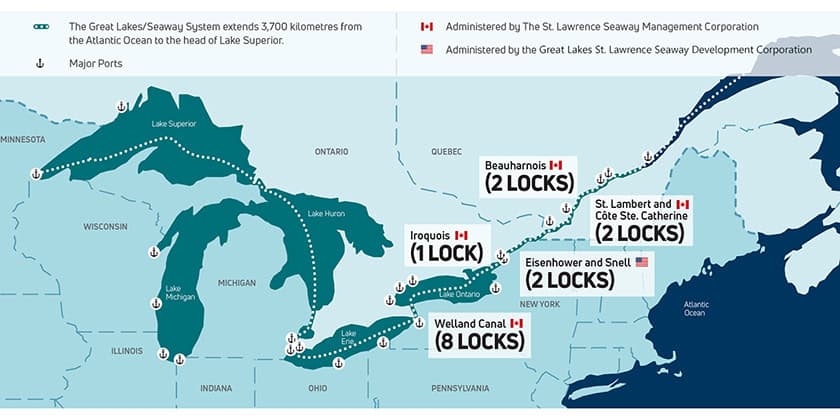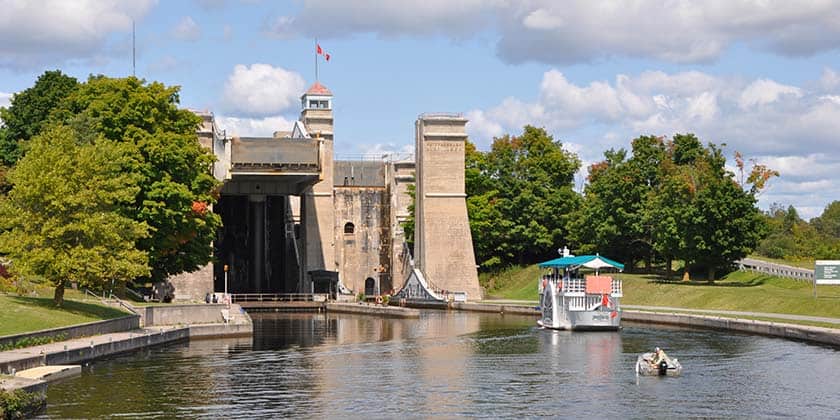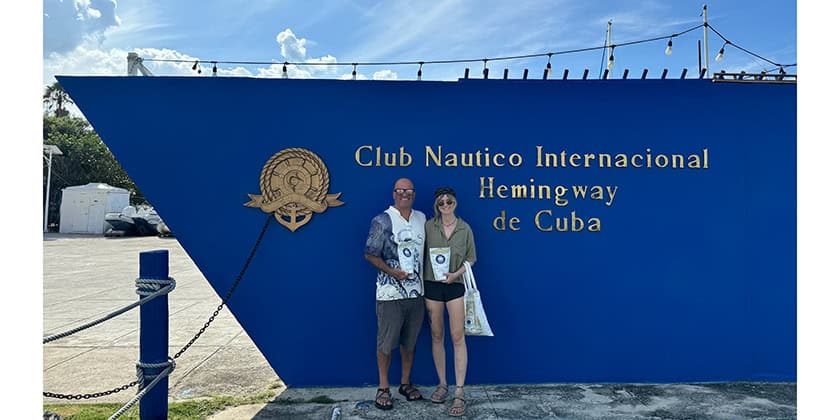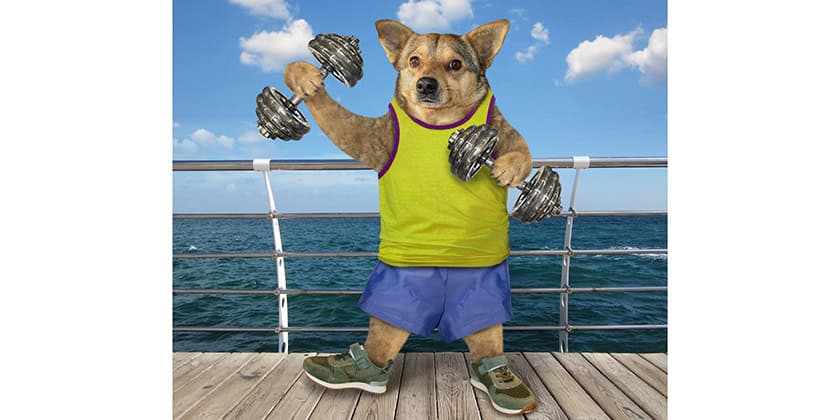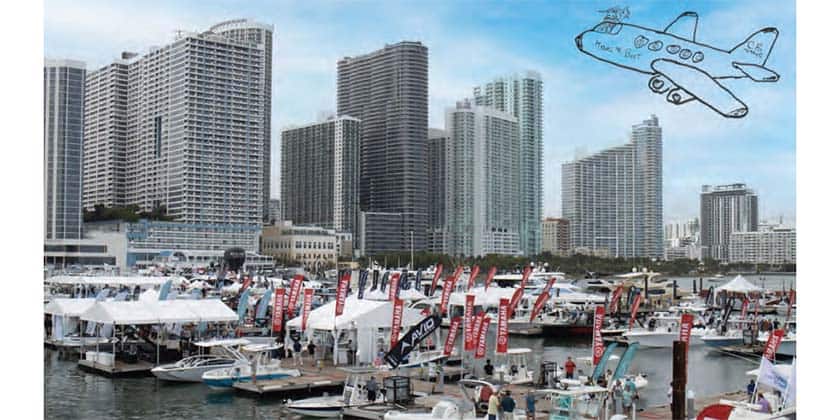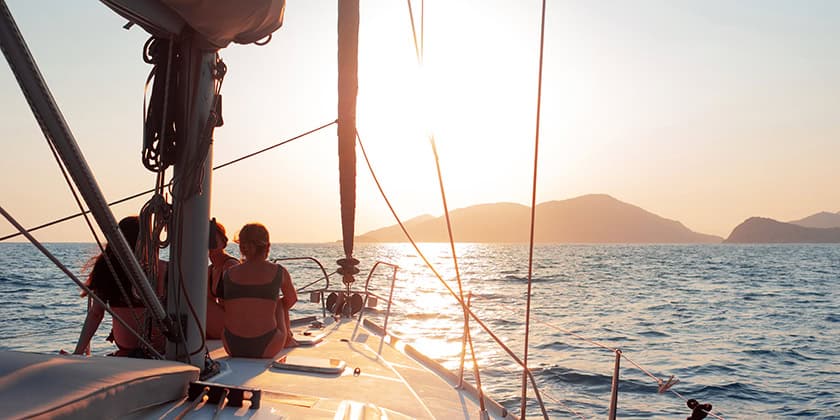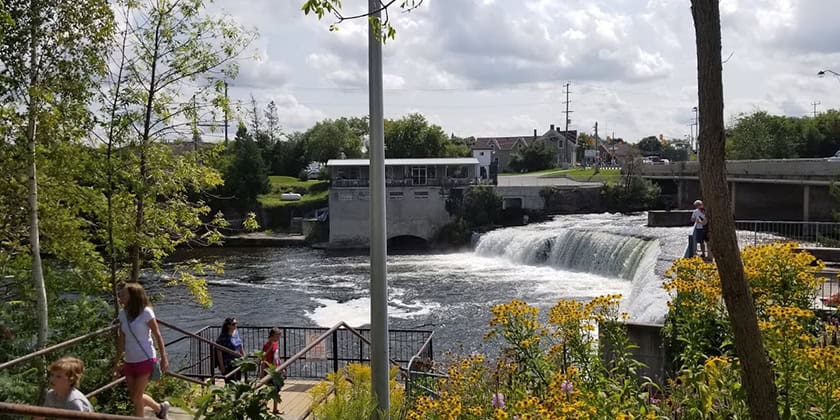Ask Andrew: End of Season boating
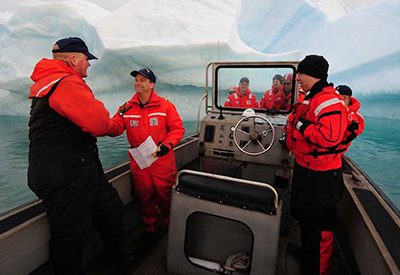
Oct 13, 2022
time in the water can be enjoyable in the colder months with the right gear and know-how Photo courtesy DAN boater
Most boaters are thinking about the end of the season at this time of year: prepping for haul-out, arranging for winterization and shrink-wrapping, prepping tarps and removing supplies.
However, for those who want to maximize their time on the water, October is great for boating!
A few things important points for enjoyment, functionality and comfort as summer moves into fall, and fall starts to change to winter:
1) Colder temperatures may mean that the engine has difficulty starting. This is true for gas and diesel engines, both inboards and outboards.
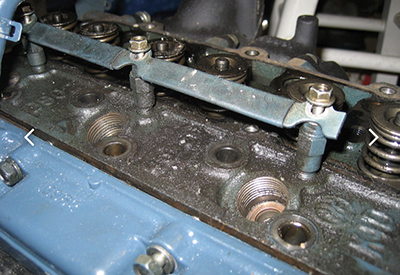 the glow plugs, joined by a thin metallic strip. These warm the cylinders and make cold-weather starting much easier
the glow plugs, joined by a thin metallic strip. These warm the cylinders and make cold-weather starting much easier
In a gasoline engine, proper maintenance through the season will increase your enjoyment now. Of particular importance is clear and clean oil, and a clean fuel delivery system (clean spark plugs, fresh fuel and clear carburetors and injectors). The same is true of diesel engines, but many are also fitted with glow-plugs which are designed to help a diesel engine with cold starting. Check to make sure that they’re working correctly – and make good use of them (engaging the glow plugs for 30 prior seconds prior to starting the engine will work wonders during colder temperatures).
2) Colder temperatures may affect batteries and battery-powered equipment on board. Typically, this is only an issue during sub-zero periods: lights may appear more dim, and appliances may seem sluggish. Voltage drop will increase, and it’s more difficult for current to travel from the battery to the load. To increase your enjoyment on very cold days, consider removing your battery and keeping it in a warm/dry place until you’re planning to boat, then re-install it just before use. Another option is to add a heater to the battery or engine space (being mindful of fumes, ventilation, ignition protection standards, and marina requirements).
3) Shorter days mean an increased need for functioning navigation and on-board lighting systems. Sometimes, we forget about that burnt-out navigation light until we need it. As the days are growing shorter, its easy to forget the increased need for functioning deck, cabin and navigation lights for both comfort and safety.
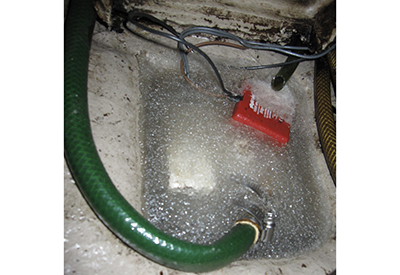 a bilge pump in a small amount of water can freeze up (and crack) faster than the water surrounding the boat.
a bilge pump in a small amount of water can freeze up (and crack) faster than the water surrounding the boat.
4) As temperatures drop, freezing levels need to be monitored. Watch anywhere where water can collect aboard and note that pumps and water-carrying lines are prone to damage before an engine. Watch bilge, livewell and freshwater pumps during periods where temperatures can drop below freezing – and be conscious of the fact that damage can occur in these small pockets of water much faster than areas with larger amounts of water (engine blocks, manifolds and the water surrounding the boat)
Between now and haul-out, take advantage of time on the water to do a few last-minute in-water winterizing steps:
Fuel for the winter: A great time to top up the fuel tank and add a fuel stabilizer and/or biocide to keep the fuel fresh for the winter. The advantage to doing this now, is that you have the option to run the engine long enough to circulate the stabilized fuel through the fuel lines, carburetor and injectors.
It’s important to fill the fuel tank for winter storage. Leaving a tank partically filled allows condensation to develop on the inner tank walls, which then collects and drops into the fuel, effectively watering it down.
Oil Changes: While the boat is still in the water, it’s a great time to have the oil changed (especially for inboard engines). Running the engine in the water will allow the oil to fully circulate and warm up, making it much easier to extract and replace. This is exponentially easier than performing an oil change on dry-land after haul-out.
Don’t forget the items needed for your own comfort: layers, gloves, and maybe a warm beverage. Enjoy these last few weeks on the water!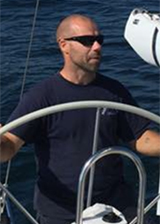 Andrew McDonald is the owner of Lakeside Marine Services – a boat repair/maintenance firm based in Toronto. Andrew has worked in the marine industry for 12 years and is a graduate of the Georgian College ‘Mechanical Techniques – Marine Engine Mechanic’ program.
Andrew McDonald is the owner of Lakeside Marine Services – a boat repair/maintenance firm based in Toronto. Andrew has worked in the marine industry for 12 years and is a graduate of the Georgian College ‘Mechanical Techniques – Marine Engine Mechanic’ program.
Questions or comments for Andrew? Email him directly via: askandrew@lakesidemarineservices.ca

